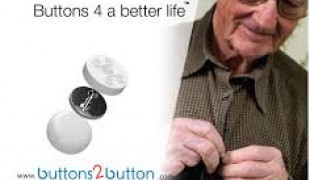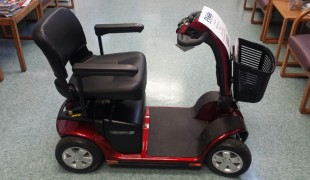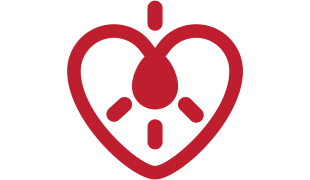- 13983
- 797
- 26
- 71
- 0
- Help Ukraine
About the solution
One day Don came home after a football game and he told Maura that he had been unable to button his own shirt in the locker room and had to have one of his players, Russell Wilson, close the shirt for him.
Maura quickly ordered adaptive shirts online but when they arrived she was disappointed in their technology and style. She realized that she could make a better shirt than was currently offered for sale, and that it would likely have a significant impact on her husband’s self-esteem. It was when Maura had a clear vision of how she could help improve his situation, and a specific way to retain some control in the face of a disease he couldn’t stop. The experienced clothing designer then began prototyping shirts that hid magnets beneath the buttons to allow people who struggle with fine motor skills to dress themselves. After developing a design that was able to easily snap together but appears indistinguishable from standard dress shirts, the MagnaReady® product line was born, as well as Maura's own company.
Adapted from: http://wapo.st/2kQMKkr
More info: http://www.magnaready.com/shop/home.php
https://www.youtube.com/watch?v=PgwNgA5m0BY
这些解决方案不应包括使用药物,化学品或生物制品(包括食品);创伤性设备;冒犯性的,商业或内在危险的内容。该解决方案未经医学验证。请谨慎进行!如果您有任何疑问,请咨询健康专家。
DISCLAIMER: This story was written by someone who is not the author of the solution, therefore please be advised that, although it was written with the utmost respect for the innovation and the innovator, there can be some incorrect statements. If you find any errors please contact the patient Innovation team via info@patient-innovation.com
-
-
468
-
7
-
7628

Woman creates magnetic buttons to help stepfather who has Parkinson's disease get dressed
(SELF)-CARE: DRESSING: Dressing independently.
Grip
CAREGIVING
Parkinson's Disease
Multiple Sclerosis
Bone Disorders (Decalcification, Bone Deformity, Bone Fracture, Bone Infection)
diabetes type 2
Assistive Daily Life Device (to help ADL)
Body-Worn solutions (Clothing, accessories, shoes, sensors...)
Muscle weakness
Tremors
Difficulty coordinating movements
Stiffness or rigidity (difficulty moving)
Limited range of motion
Muscle pain or stiffness
Loss of balance
Reduced grip force (grip)
Trouble with fine motor skills (e.g., writing, buttoning clothes)
Loss of muscle coordination
Muscle cramps or spasms
Joint deformity
Muscle twitching
Numbness or tingling in the extremities
Joint pain or swelling
Promoting self-management
Managing Neurological Disorders
Promoting inclusivity and social integration
Caregiving Support
Endocrinology
Neurology
Orthopedics
Rheumatology
United States
-
-
-
667
-
0
-
9137

Drive-Master - adaptive mobility equipment
MOVING IN A WHEELCHAIR: Moving using a wheelchair.
WALKING WITH A WALKING AID: Walking with a walking aid
CAREGIVING
Polio
Assistive Daily Life Device (to help ADL)
Walking Aid (wheelchair/walker/crutches)
Muscle cramps or spasms
Difficulty coordinating movements
Stiffness or rigidity (difficulty moving)
Paralysis of the legs and lower body
Muscle weakness
Restoring mobility
Promoting self-management
Managing Neurological Disorders
Promoting inclusivity and social integration
Caregiving Support
Neurology
Physical Medicine and Rehabilitation
Rheumatology
United States
-
-
-
580
-
0
-
7733

Slacks with zippers on both sides for patients who have to stand up in public
CAREGIVING
(SELF)-CARE: DRESSING: Dressing independently.
Amyotrophic Lateral Sclerosis
Strategy/Tip
Body-Worn solutions (Clothing, accessories, shoes, sensors...)
Tremors
Muscle cramps or spasms
Stiffness or rigidity (difficulty moving)
Muscle weakness
Trouble with fine motor skills (e.g., writing, buttoning clothes)
Sleep disturbances
Numbness or tingling in the extremities
Restoring mobility
Managing pain
Promoting self-management
Managing Neurological Disorders
Promoting inclusivity and social integration
Preventing (Vaccination, Protection, Falls, Research/Mapping)
Caregiving Support
General and Family Medicine
Medical Genetics
Medical Oncology
Neurology
Orthopedics
Physical Medicine and Rehabilitation
Rheumatology
United States
-
 zh
zh